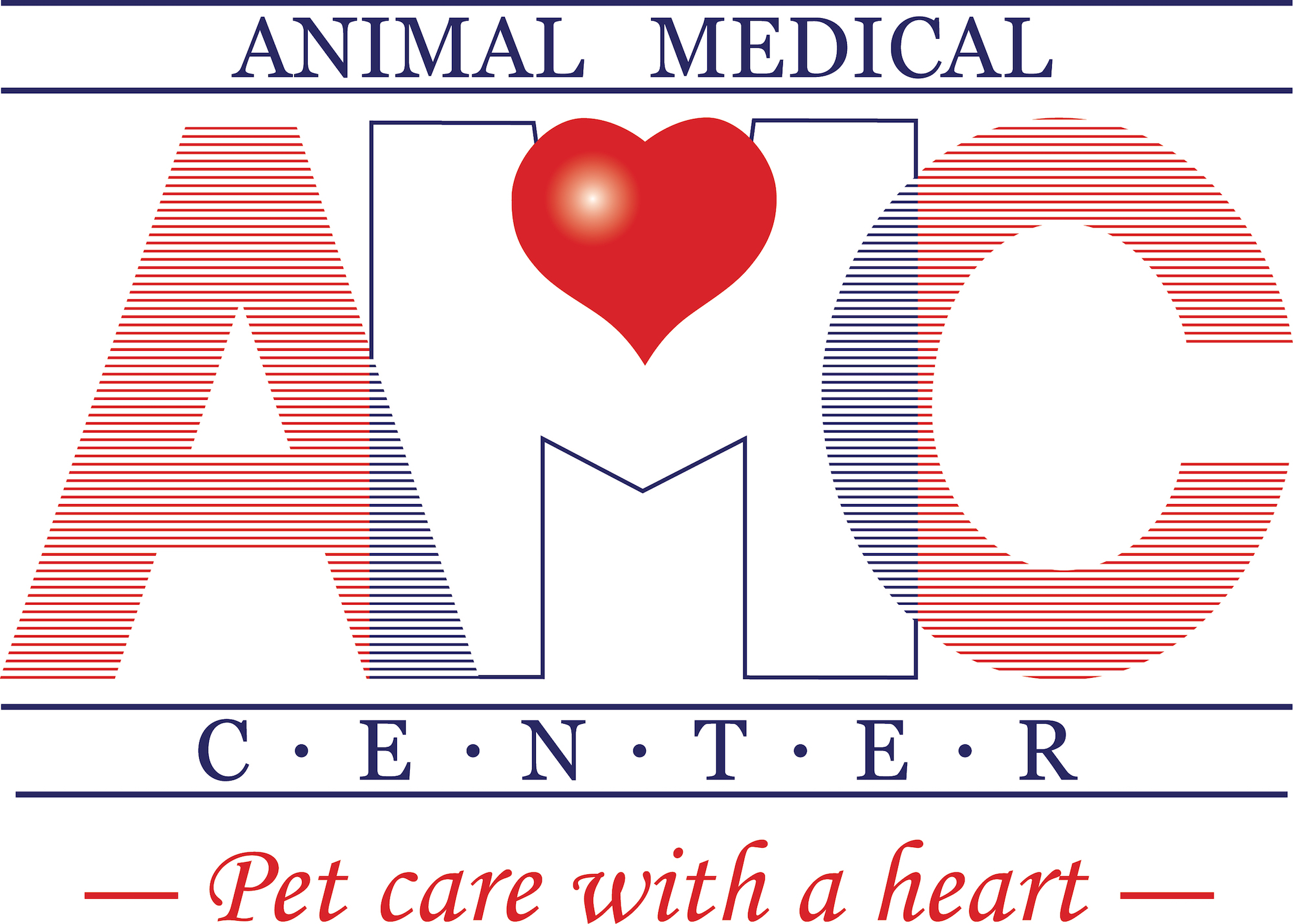Library
-
Acyclovir is an antiviral used to treat herpesvirus infections in cats, birds, dogs, and other animals. This medication is used off label in veterinary medicine. Acyclovir comes in several oral forms, as well as injectable and topical forms. Monitor complete blood count in cats.
-
Allopurinol is an oral medication typically used to prevent uric acid and calcium oxalate stones in dogs. It is also used off-label to treat leishmaniasis and gout in dogs and other species.
-
Amitriptyline is used off label and given by mouth to treat behavioral and pain disorders in dogs, cats, and occasionally birds. Common side effects include sedation, dry mouth, constipation, and urinary retention. This medication should not be used in pets sensitive to TCAs, seizures, or pets currently using MOIs or flea collars. If a negative reaction occurs, call your veterinary office.
-
Ascorbic acid (also known as Vitamin C) is an essential vitamin needed to maintain good nutrition and a healthy immune system. Some animals, such as guinea pigs, need ascorbic acid added to their diet as they cannot produce it on their own. It is used to treat scurvy in guinea pigs, as an antioxidant for certain toxins that cause methemoglobinemia in cats and dogs, and as a stool softener in rabbits.
-
Atropine ophthalmic (brand name Isopto Atropine) is an eye medication used to dilate (enlarge) the pupil. It is used off label (extra label) only, in all veterinary species of animals. Atropine ophthalmic comes in a 1% drop, solution, or ointment form, which is placed directly into the eye.
-
Azithromycin (brand name Zithromax® or Zmax®) is a broad spectrum antibiotic used for a variety of infections in dogs and cats. It is also used for certain infections in horses, cattle, rabbits, guinea pigs, and birds. Azithromycin is given by mouth or injection.
-
Carprofen is a nonsteroidal anti-inflammatory drug (NSAID) used on and off label. It is given by mouth in the form of a tablet to treat pain and inflammation. The most common side effects include vomiting, diarrhea, and decreased appetite. Do not use this medication in pets with bleeding disorders, in pets that are allergic to it or other NSAIDs in the same class, or in pets concurrently using corticosteroids or other NSAIDs. If a negative reaction occurs, call your veterinary office.
-
Cefazolin is a first-generation cephalosporin antibiotic used to treat certain susceptible bacterial infections. It is also used before surgery to prevent infection in cats, dogs, birds, reptiles, and other animals. Cefazolin comes in an injectable form. Do not use in guinea pigs, hamsters, and similar rodents.
-
Ceftazidime is a third-generation, injectable, cephalosporin antibiotic that kills bacteria. It is usually reserved for more serious infections. It comes as an injectable solution that is given at the veterinary hospital. Ceftazidime is used off-label in dogs, cats, birds and reptiles.
-
Ceftiofur crystalline free acid (Excede®) is a third-generation cephalosporin antibiotic used to treat certain bacterial infections in horses, cattle, swine, rabbits, birds, and other animals. There are various formulations of this medication (HCl, sodium, CFA). Ceftiofur crystalline free acid comes in an injectable form. Do not inject into a vein or artery – sudden death may occur.

